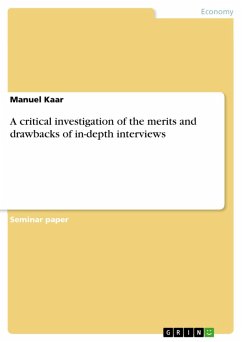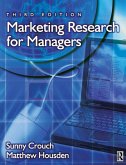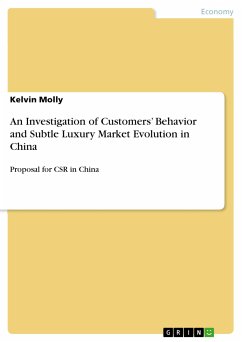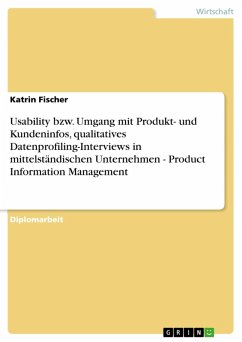Seminar paper from the year 2007 in the subject Business economics - Offline Marketing and Online Marketing, grade: 1, University of applied sciences, language: English, abstract: When commencing to plan a study, researchers face the oftentimes challenging task to decide on the adequate research method for their investigation problem at hand. Since the appropriateness of a study, as well as its ability to be accepted as scientific research, depend very much on the correct choice of the applied research method(s), the decision process for the latter constitutes a crucial phase of the overall research operation. As many researchers encounter ambiguities when it comes to selecting the suitable research technique, this paper provides a critical reflection on several arguments for and against the employment of in-depth interviews, one of the most common tools used in qualitative research. The aim of this paper is, therefore, to consider the strengths and weaknesses of in-depth interviews from various angles, in order to advance the perspicuity of the question in which situations it is apt to use interviews as a research tool and when to better search for alternative methods. To arrive at this objective, four main issues have been explored through a review of already existing literature. First, the merits of individual in-depth interviews are examined. Then the paper addresses the question of what possible drawbacks one may come across when selecting in-depth interviewing as a research method. Furthermore, a short comment on the application of indepth interviews in qualitative tourism research is given. Finally, in the conclusions/recommendations section it is explained for which types of investigations the in-depth interview is the appropriate research technique. As indicated above, the main focus of this paper is not on providing a guide for the general set-up and implication process of an in-depth interview. The main spotlight is rather on the enhancement of the detailed knowledge of researchers on in-depth interviews, with the ultimate goal to make a contribution to increase the number of cases where research methods have been appropriately chosen. Hence, a certain level of previous knowledge about in-depth interviewing is expected from the reader in order to be able to follow the content of this paper.
Dieser Download kann aus rechtlichen Gründen nur mit Rechnungsadresse in A, B, BG, CY, CZ, D, DK, EW, E, FIN, F, GR, HR, H, IRL, I, LT, L, LR, M, NL, PL, P, R, S, SLO, SK ausgeliefert werden.
Hinweis: Dieser Artikel kann nur an eine deutsche Lieferadresse ausgeliefert werden.









